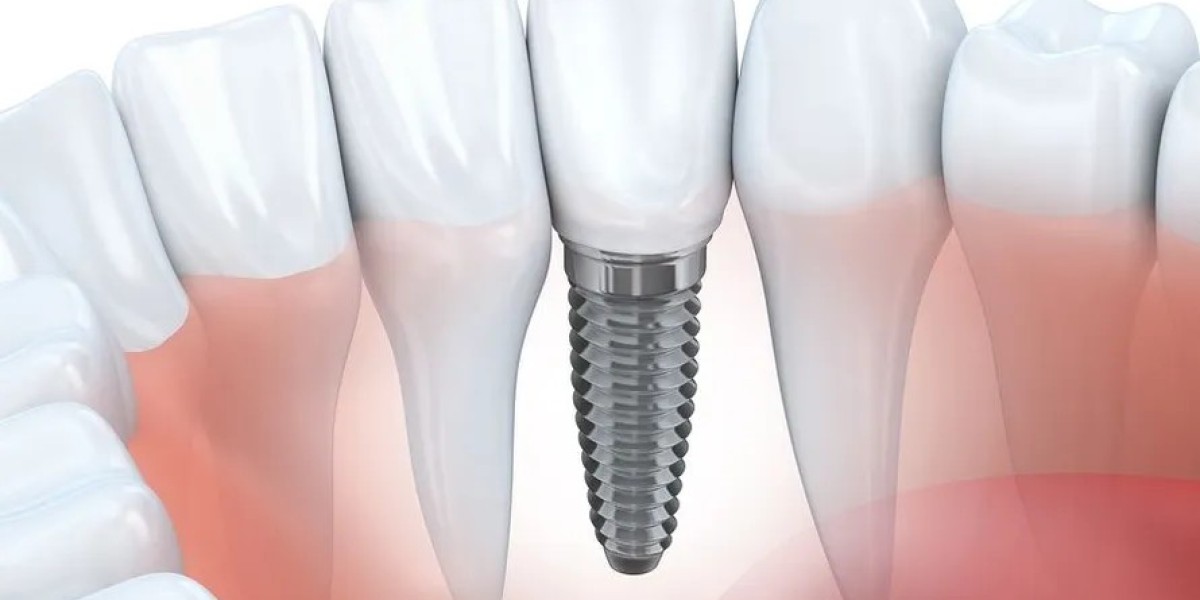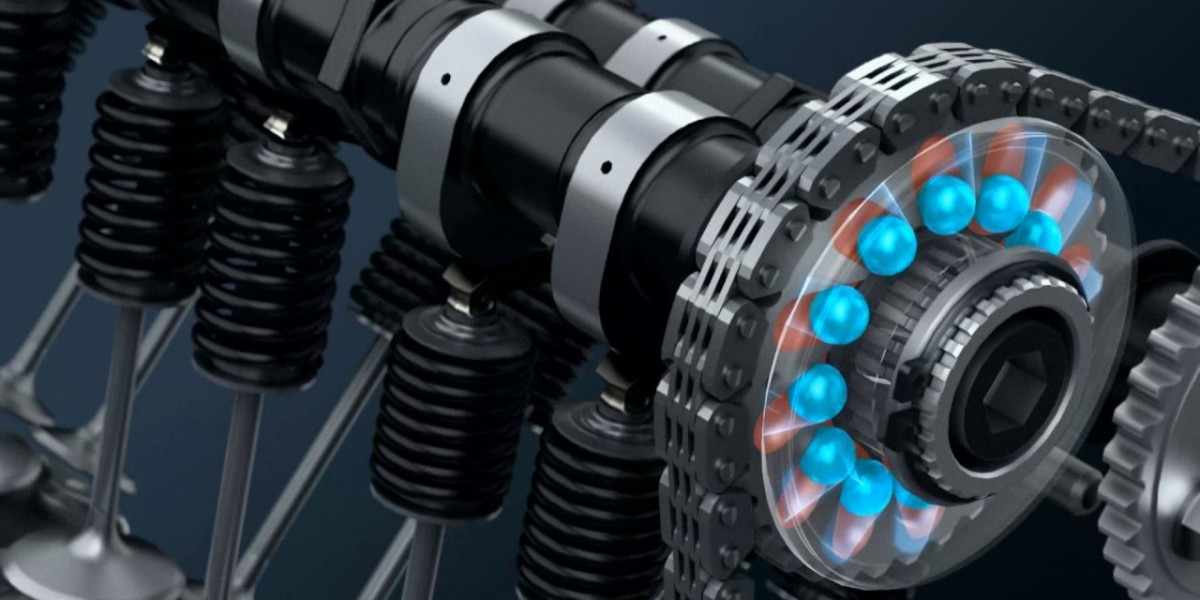Many patients ask their dentist, “Is bone grafting necessary for dental implants?” The answer depends on your bone health and oral condition. Bone grafting is often recommended when there isn’t enough healthy bone to support a Dental implants in Dubai. This step ensures that the implant is stable, secure, and long-lasting, providing a strong foundation for your new smile.
Understanding Why Bone Loss Happens:
Before deciding if bone grafting is necessary, it’s helpful to understand what causes bone loss in the jaw and how it affects implant placement.
Tooth loss leads to gradual jawbone deterioration due to lack of stimulation
Gum disease (periodontitis) can destroy supporting bone tissue
Trauma or infection may lead to bone resorption in specific areas
Long-term denture wearers may have thinned jawbones from pressure
Aging and certain medical conditions can reduce bone density over time
Without enough bone, implants may not integrate properly, increasing the risk of failure.
How Bone Grafting Supports Implant Success?
Bone grafting is a procedure that adds volume and density to your jawbone. If you're wondering is bone grafting necessary for dental implants, here’s why it often is.
It rebuilds the height and width of the jaw for proper implant support
Grafts encourage natural bone regeneration over time
Bone grafts improve implant stability and long-term durability
The procedure increases the success rate of implants in difficult cases
It allows patients previously told they weren’t candidates to qualify for treatment
With modern techniques, bone grafting has become a safe, reliable step in implant preparation.
Types of Bone Grafting Procedures:
If bone grafting is deemed necessary, your dentist or oral surgeon will choose the method based on the extent of bone loss and implant location.
Socket preservation is done at the time of tooth extraction to prevent bone loss
Ridge augmentation restores width and height for severe bone loss
Sinus lifts are used for upper back jaw implants when sinuses are too close
Block grafting involves transferring bone from one site to another
Grafts may come from your body, donor tissue, animal bone, or synthetic materials
Each type supports implant success and is customized for your unique needs.
What to Expect During Bone Grafting?
Many patients are concerned about the procedure itself. Understanding the process can ease anxiety and help you prepare.
Bone grafting is typically performed under local anesthesia or sedation
Recovery can take several weeks to a few months depending on the graft type
Mild discomfort, swelling, or bruising is common and manageable with medication
You’ll need to avoid chewing on the treated area and maintain good oral hygiene
Once healed, your dentist will reassess and schedule implant placement
The temporary wait for graft healing is a small trade-off for long-term implant success.
When Bone Grafting Might Not Be Needed?
In some cases, patients won’t require a bone graft for Dental implants Treatment. It depends on factors like your bone quality, tooth location, and timing of extraction.
If you’ve recently lost a tooth and bone hasn’t deteriorated, implants may be placed right away
Some implant systems are designed for use in low-bone areas
Mini dental implants often don’t require grafting due to their smaller size
CBCT scans help determine if there's enough bone without needing extra procedures
An experienced implantologist can sometimes angle implants to avoid weak spots
Your dental provider will conduct a thorough evaluation to make the best recommendation.
Conclusion: Is Bone Grafting Necessary for Dental Implants?
The final answer to “Is bone grafting necessary for dental implants?” is—it depends. Not every patient needs a graft, but for many, it’s a vital step that enables successful treatment and a lifetime of healthy smiles.
Bone grafting addresses critical issues of jawbone loss and strength
It significantly boosts the success rate of dental implants
Multiple techniques exist to match your clinical condition
While it adds time to the process, it’s a worthwhile investment
Your dentist will personalize your plan based on scans and oral health
Choosing a skilled implant provider ensures that you get the most suitable and efficient care, whether or not bone grafting is part of your journey.








